In Conversation - Exploring the intersection of family violence and child sexual abuse
Event description
The Australian Child Maltreatment Study found that child sexual abuse often co-occurs within the context of other forms of abuse and maltreatment including exposure to family violence.
Moderated by the National Centre, this important In Conversation discussion brings together insights from research, cultural, practice experts and lived experience to explore the intersection of family violence and child sexual abuse.
The webinar will unpack:
- How does exposure to family violence increase a child's vulnerability to experiencing sexual abuse?
- How are children at risk or experiencing sexual abuse identified and prioritised within the context of family violence policy and service responses?
- How can we take a more integrated approach to protecting and responding to children who experience child sexual abuse and family violence?
This webinar is part of a concentrated effort by the National Centre to support the synthesis and mobilisation of knowledge to responses for victims and survivors of child sexual abuse and harmful sexual behaviours.
Time: 12pm-1.00pm AEST
Where: Online
Please note this webinar will be recorded.
Featured Speakers:
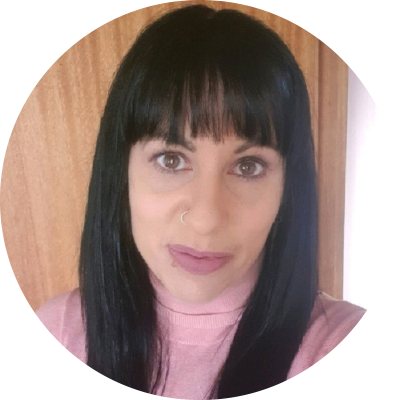
Tess Moodie (pronouns they/them) is a proud queer, non-binary, First Nations Palawa person with multiple forms of disability, who lives in lutruwita (Tasmania). Tess is a victim-survivor of multiple forms of family and sexual violence across their lifespan, including child sexual abuse, and is passionate about empowering people with lived-experience to bring systemic change in the prevention of family, sexual and systemic violence, LGBTIQA+ activism and advocating for disability rights and inclusivity.
Tess is co-founding director of the Independent Collective of Survivors (ICOS). They have spent over a decade committed to working with other victim-survivors to be change makers, including managing the Advocates for Change Program at Engender Equality Tasmania and establishing a youth victim-survivor advisory council at Laurel House Sexual Assault Support Service. They are also a Victim-Survivor Expert Advisor for Victoria’s peak family violence organisation, Safe & Equal and a member of multiple advisory including Our Watch Disability Advisory Group and the First Nations National Plan Advisory Group.
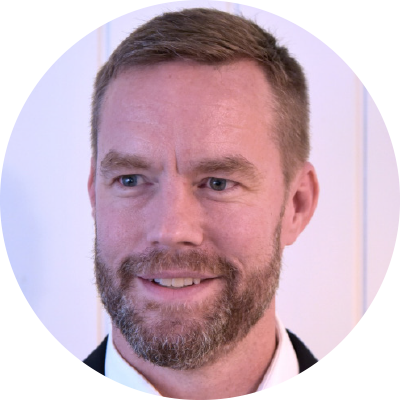
Professor Michael Salter is the Director of Childlight UNSW, a research hub dedicated to the study and prevention of child sexual abuse and exploitation based in the School of Social Sciences at the University of New South Wales. Michael is an internationally recognised expert in child sexual exploitation, gender-based violence and complex trauma. He is the Chair of the Grace Tame Foundation, immediate Past President of the International Society for the Study of Trauma and Dissociation, and an advisor to the Australian eSafety Commissioner.
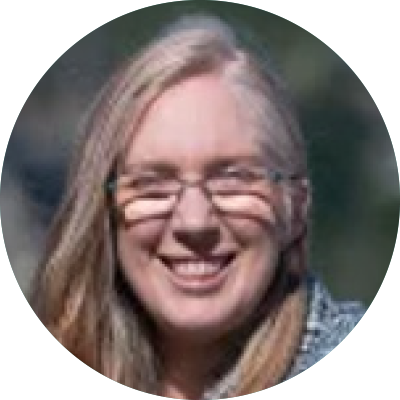
Professor Kyllie Cripps is a Palawa woman and Director of Monash’s Indigenous Studies Centre. She is one of Australia’s leading researchers on Indigenous family violence, sexual assault and child abuse. Leading major grants she has contributed to the field through empirical studies that have defined violence on Indigenous terms, identified factors contributing to violence, and examined the access and availability of services in the aftermath of violence. Kyllie’s research and engagement on solutions draws on the strength of her interdisciplinary experience and the value of using an intersectional lens for appreciating the context of violence. Her work has been critical in identifying gaps and opportunities to create sustainable solutions to support policy and practice change.
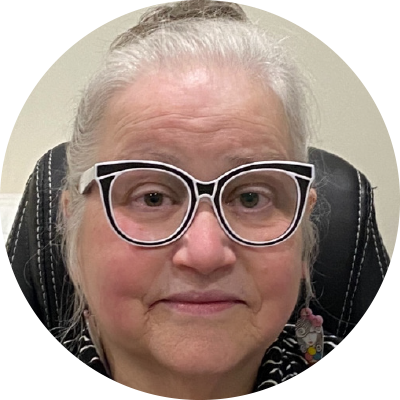
Dr Morag MacSween has more than 30 years’ experience as a community services practitioner and leader, in Australia and the UK, MA (Hons) Sociology; PhD. She has worked in child protection, domestic, family and sexual violence, policy and research, professional and practice development, and quality assurance and clinical risk oversight, in Government and in NGOs. She volunteered in Rape Crisis for over 20 years, as a counsellor, group facilitator and community educator, and was Chair of the London Rape Crisis Centre Board.
Morag is a Member of the Australian Institute of Company Directors and the Domestic, Family and Sexual Violence Recovery Alliance. Morag is the author of Do You See Me? Do You Hear Me? a research to practice guide for agencies working with child victim-survivors of domestic violence. She is particularly interested in how we can scaffold trauma services really well, so that they simultaneously support recovery for survivors and resilience for practitioners.
Moderator
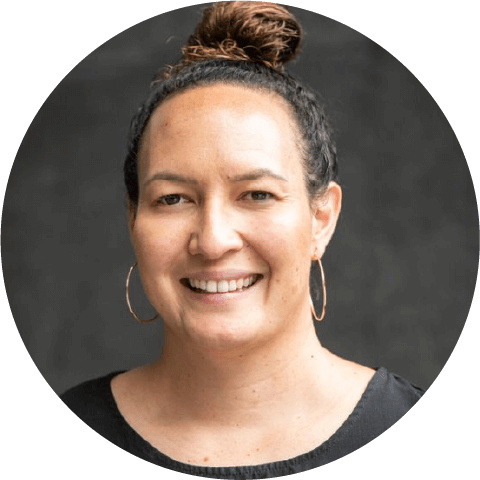
Fiona Cornforth is of the Wuthathi of the far north-east cape of Queensland with family roots also in Zenadth Kes. She is a founding Board Member of the National Centre and previous CEO of The Healing Foundation. Fiona has gained experience and perspectives in education, leadership and business development locally and globally and shares a message of celebration and gratitude for the greatness of ancestors, Elders, and the ontology and authority that holds her and her family. Fiona is now Head of Centre at the National Centre for Aboriginal and Torres Strait Islander Wellbeing Research at the Australian National University.
About the In Conversation series
Hosted by the National Centre for Action on Child Sexual Abuse (the National Centre), our In Conversation series brings together experts from research, law, policy and practice to explore how we can work together to reduce, eliminate and respond to child sexual abuse so that victims and survivors are believed and supported to heal and recover.
About the National Centre for Action on Child Sexual Abuse
The National Centre for Action on Child Sexual Abuse (the National Centre) is a partnership between three respected organisations — the Australian Childhood Foundation, Blue Knot Foundation and the Healing Foundation. Established in late 2021, following a recommendation by the Royal Commission into Institutional Responses to Child Sexual Abuse, the National Centre commissions critical research, builds the capability of workers and organisations and raises community awareness to reduce stigma. Central to this work is elevating the voices of victims and survivors of all ages, life stages and communities
Tickets for good, not greed Humanitix dedicates 100% of profits from booking fees to charity



